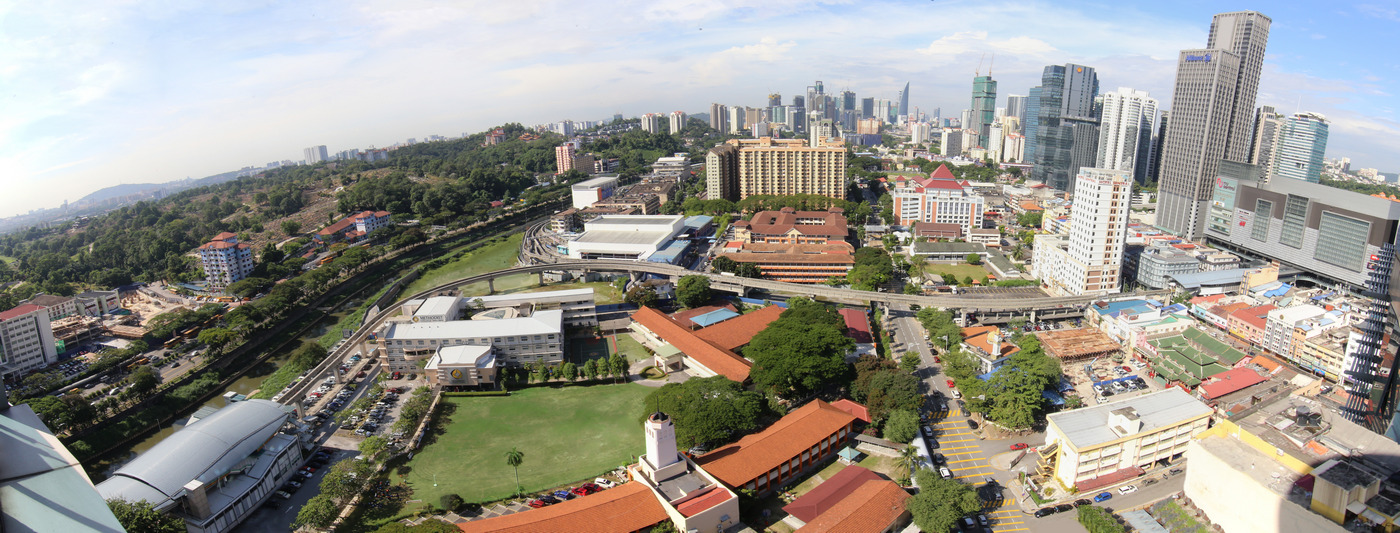
In the recently concluded Budget 2023 tabled on 7 October 2022, fellow rakyats were expecting a change in distribution for many sectors, and as usual, the Ministry of Education received one of the biggest allotment, a weighty RM55.6 billion compared to RM52.6 billion in the previous year. Learning from the pandemic, the lockdown has resulted in the closure of schools, education, and higher education institutions. Learning and teaching had to be delivered from in-person to online, thus realising the need to digitalise education and higher education.
Despite that there was no specific allotment for educators to purchase electronic devices, at least RM2.3 billion is allotted to ensure students have a conducive and safe learning environment. It is aspired that this budget could be channelled to equip classrooms and learning spaces with technologies to ensure teachers and educators could modernise the learning and teaching approaches for the sake of our students’ benefit.
The increase in Rancangan Makanan Tambahan (RMT) per student from RM2.50 to RM3.50 for the Peninsular and RM3 to RM4 for Sabah, Sarawak, and Labuan is well lauded. As many students are deprived of food of nutritional value, this is a great initiative to support the growth of the young in their endeavour to study and learn proactively.
Scholarships amounted to RM3.8 billion allocation is commendable. It is an approach to channel financial resources to the poor and underprivileged communities to pursue education, thus a great way to reinvest in our children’s future and revitalise the local education segment.
Regardless the scholarships and bursaries are channelled either to public or private institutions, the government needs to recognise the importance of private education contributing to capacity building, thus private education should also receive certain allocations. It seems there is a limit to seats in public universities for popular, competitive, and future education-related courses, the government should understand the importance of the role of private institutions to fill in the gap between supply and demand. Therefore, more scholarships can be allocated to private universities and colleges as these institutions do not receive subsidies, thus giving options to the poor and underprivileged to pursue their tertiary studies in private education institutions.
It is also great to hear that the Ministry of Finance has allotted RM6.7 billion for driving the technical and vocational education and training (TVET) initiatives through the National TVET Council. Citing a recent report by the Department of Statistics, Malaysia that 72.1% of Malaysians were not keen to pursue higher education after SPM. There are, of course, many factors why these Malaysians lost interest in pursuing their further education namely finance and the pandemic woes. TVET can be considered the next best choice of higher education for some students. Through TVET, students may gain useful skills to operate in blue collared sectors, which the country is still lacking to carry out these works, particularly in supporting the manufacturing and services industry.
Nevertheless, cash handouts are distributed via e-wallet to the youth aged 19 to 20 years old and fulltime students aged 21 and above is commendable. This sum of money may not be great, considering the prices of goods and services are relatively high these days, but the cash handouts could easily be spent on one or two necessities for schooling and education. Similarly, the early schooling aid of RM150 may be helpful to the underprivileged family yet now it is given out to all regardless of income bracket. This money can also be used to purchase a new set of uniforms, books or even stationeries. To current students who have received loans and bursaries via PTPTN, the exemption for graduates with first-class bachelor’s degrees is a good initiative yet there should be a requirement for graduates to qualify for this in the first place.
If meritocracy is practiced, graduates who obtained first-class honours deserve the exemption, but this would be regarded as equality and not equity. The mechanism of the loan is so that the less fortunate may get an exemption, but we are not aware of the initial loan given to them in the first place which may be partial. Therefore, graduates coming from lower financial backgrounds may still have to carry the load of the remaining loan while others may have a greater steppingstone in life. The discounts on the loans are impressive but it teaches the young to wait for discounts instead of being responsible individuals to pay up for the terms they agreed to when they borrowed initially. The PTPTN serves as a fund for underprivileged individuals to get aid, yet this fund is being used by the normal working-class family.
Overall, the education budget did not reflect many changes, but the government must continuously review the education system from primary to tertiary and think of the future generation that has to take over the working force post-pandemic.
Ryan P. Abraham is a lecturer and coordinator in Professional Accounting at Methodist College Kuala Lumpur.
